Latin reacts to George Floyd’s death
June 1, 2020
Last Monday, forty-six-year-old George Floyd was murdered by Minneapolis police officer, Derek Chauvin. Chauvin was fired the next day and formally charged with third-degree murder and manslaughter. Police arrested Floyd after a shopkeeper called to report that Floyd allegedly attempted to use a counterfeit $20 bill. Surveillance video shows Floyd—unarmed and handcuffed—complying with the police. But explosive cell phone footage shows Chauvin digging his knee into Floyd’s neck for more than eight minutes.
Onlookers urged Chauvin to get off Floyd, warning him that Floyd could die. “Let him breathe, man!,” “He is a human being!” they yelled. But Chauvin refused to listen, and continued to compress Floyd’s airway.
Floyd’s cries for help echoed those of Eric Garner, who was killed by NYPD in 2014. “I can’t breathe,” followed by “Don’t kill me.”
Other police officers on the scene watched it unfold from the sidelines: Floyd’s nose bled, Floyd moaned in pain, Floyd cried out for his deceased mother (“Momma!”), and Floyd’s cheek pressed deeper into the asphalt. New footage from a different angle emerged, showing the other officers kneeling on Floyd as well. Once Chauvin finally removed his knee, Floyd was limp and unresponsive. Floyd was pronounced dead after being taken to a nearby hospital.
Randall Dunn, Head of School, was saddened by the news of Floyd’s murder. “I am mostly frustrated that this feels so familiar,” he said.
Known for his beautiful spirit, Floyd was nicknamed as the “gentle giant.” He was a loving father to his daughter Gianna, a talented athlete, and a dedicated worker. Having recently moved to Minneapolis, Floyd wanted to turn his life around. Those who knew him have said that he loved hugs, greeting people, and watching everyone have fun.
Packed into the video are competing visions of ownership over black bodies, police accountability, and power. Both this reflection of American society and the image of George Floyd’s corpse has caught the public’s eye. It’s ignited a fire within the people, but also questions the morality behind reposting black death. Are these videos too insensitive and triggering, or does the brutalization of black people need to be seen? Is it robbing Floyd of control over his body, yet again?
English/History teacher and Upper School Diversity Coordinator, Ms. LC, struggles to find a concrete answer. “When we’re not listening to bystanders and the victims are literally silenced, video can show the truth and bring the people to demand justice,” she explains. “But there is a cost to those videos getting shared and reposted all the time: there’s the trauma that it re-inflicts on the black people and black communities, and there’s the desensitization that can happen for greater society, but specifically, white people and white communities. I think we have to ask black communities what they want, but I also am not sure there will be a unified answer.”
The Minneapolis Police Department fired the officers involved, identifying them as Derek Chauvin, Thomas Lane, Tou Thaou, and J. Alexander Kueng. But concern over whether they’ll face proper legal consequences plagues the public and media. Chauvin’s charges carry a possible sentence of up to 25 years.
Junior head of BSU, Zemzem Mohammed, is in agreement with protesters. “Third-degree murder means it was an accident, but that was not one,” she says. “[Chauvin] was aiming to kill, so I hope he gets a long sentence in jail because this was not the only act of racism he has done. That man doesn’t deserve the power to police others when it seems he can’t control himself.”
Chauvin has had 18 misconduct complaints filed against him since joining the police force in 2001. He’s been involved in the shooting of several men (one of whom was indigenous), admonished for using derogatory language, named in a brutality lawsuit, and placed on leave. Often, disciplinary action hasn’t been taken against him in these cases.
Floyd’s murder has peeled back the layers of the broken police system, raising the question: should it be abolished altogether? Tensions between the police and black communities are nothing new. Originating as Southern slave patrols, the police were tasked with chasing down runaways and preventing slave revolts. Their civic duty was to terrorize African Americans. Their job description entailed enforcing white supremacy. While times have changed, the violent, anti-black intentions have not. Is it possible to fix a system that’s not broken, but was built to be that way?
Senior Briannah Cook doesn’t think so. “When you look at how militarized the police have become, how they prioritize violence over de-escalation, how police shootings are a leading cause of death for Black men in America, it’s obvious that we still have a problem,” she says. “It’s not enough to seek reform. We need an entirely new system.”
On the other hand, Senior Lindley McCutheon, doesn’t think that the abolition of police is possible. “I’d like to believe that [the system] can be reformed for the better, but it can only be done slowly and over the years, which won’t make protestors happy,” she says. “Reform can begin with holding police officers more accountable for their actions and their peers, and with more training on how to avoid escalation in a situation, and just training on racial biases as well.”
A breeding ground for misused police power, Minneapolis’ department has long suffered from accusations of tolerating racism. Thus, simmering tensions have exploded into outrage. Protests started off as peaceful when hundreds poured into Minneapolis’ streets shouting “These killer cops have got to go” and “I can’t breathe.” However, they were met with an aggressive response. Police dressed in riot gear tried dispersing crowds with tear gas which turned into pepper spray, rubber bullets, and batons. Protesters proceeded to set businesses on fire, take items out of stores, vandalize police cars with graffiti, and target the precinct house.
Since then, protests have rocked at least 30 US cities. Junior Maeve Healy reacts to the shaken nation, “I think it is very sad that it has come to violence for America to wake up and listen.” In Memphis, a protest was led over the deaths of George Floyd, Breonna Taylor, and Ahmaud Arbery. In Atlanta, demonstrators filled the Centennial Olympic Park, leaving behind smashed windows and spray paint on the CNN sign. Protestors clashed with the police in Brooklyn and Lower Manhattan.
“Black people have been suffering for centuries,” continues Maeve. “People being upset about a multi million dollar business such as Target being vandalized fail to recognize the fact that while buildings and objects can be brought back, the life of George Floyd, Breonna Taylor, and Ahmaud Aubrey can’t be.”
The difference in how armed white protestors of the stay-at-home order and multiracial crowds objecting to police brutality have been treated is blatant. From the President’s language in his Twitter posts to police officers’ rash reactions, it’s only stoked these fires more.
With Chicago’s citywide looting, a curfew has been enforced and transportation has been shut down, raising safety concerns. Additional problems lie in the destruction of black owned business and underfunded communities where recovering from financial debt isn’t easy. Oftentimes, white protestors (some of whom are masked) have also escalated the scene. The co-opting and hijacking of the movement has led to more severe crackdowns from police, pinning innocent people as the perpetrators. These instances, not specific to Chicago, risk muddling the movement’s message.
In the spirit of raw pushback, the acronym ACAB (All Cops Are Bad/Bastards) has been popping up all over protest signs and social media posts. While to some ACAB crudely generalizes the police force, the backbone of it rests in the system as a whole rather than individual morality. “Police officers chose to be agents of the racist, classist, discriminatory state,” says Senior Haley Goldenberg. “The slaughter of black and brown people is enacted by law enforcement to raise fear and obtain compliance. The only good cops are the ones who quit or are fired for refusing to uphold the unjust system.”
Meanwhile, social media has become a vessel for empowerment and social activism amidst these times. “Justice for George,” “Black Lives Matter,” and ways to get involved or donate have flooded feeds. Junior Charles Mitchell spreads awareness on Instagram. “Using the platform is all I can do at the moment so why not take full advantage of it,” he explains. “If you’re being silent, then you’re also an oppressor because you have the privilege to share information that’s out there but choose not to. Majority of people at Latin have been silent through this situation or only shed light on the lootings, instead of the peaceful protests and other positive things coming out of it,”
Hashtags and captions have also drawn attention to the proximity of hate crimes against the black community. On May 29th, Tony McDade, a black trans man, was shot and killed in Tallahassee. On May 25th, white woman Amy Cooper called 911 on Christian Cooper in Central Park. The location of her antics rings a bell; there, the Exonerated Five also fell victim to false conviction and the protection of white womanhood. Christian simply asked Amy to put her dog on a leash, a requirement in the area. On March 13th, Breonna Taylor was shot to death in the middle of the night. Breonna was simply laying in the bed of her own home. On February 23rd, Ahmaud Armery was chased down and shot three times by a white father and son. Ahmaud simply went out for a jog.
This long list of unjustifiable deaths and violated human rights includes more people: those whose stories have been swept under the rug or whose names haven’t yet rung in our ears.
This is what I say: Being black in America should not be a death sentence. With this country being built on the backs of black Americans, it’s a shame that our lives still don’t matter. They need to. It shouldn’t take kneeling on George Floyd’s neck for America to open its eyes to injustice.














































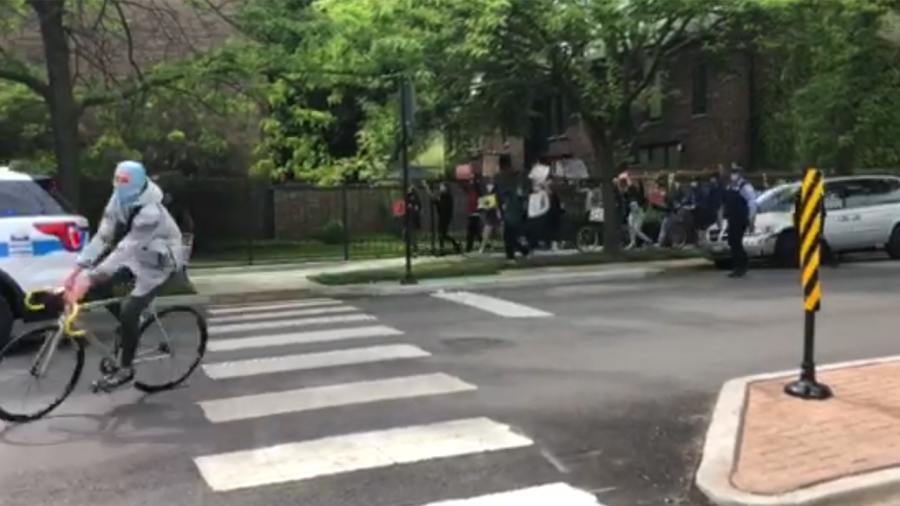
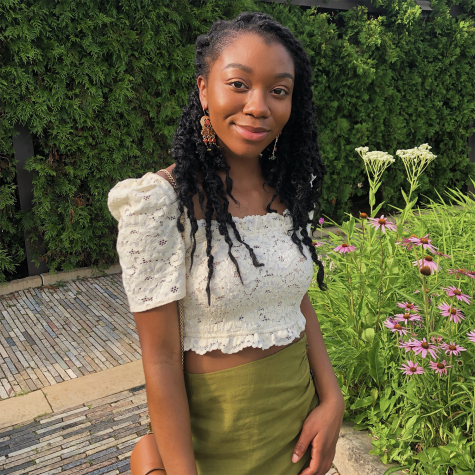
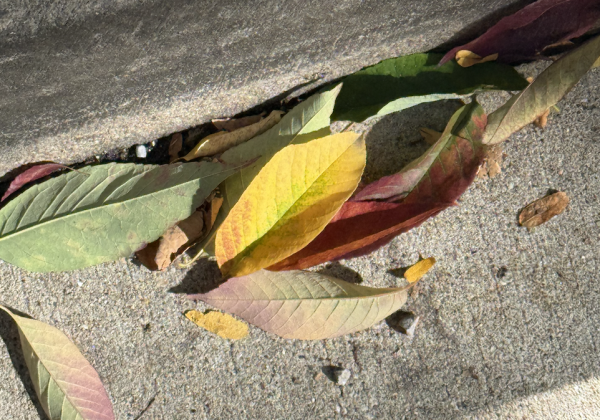
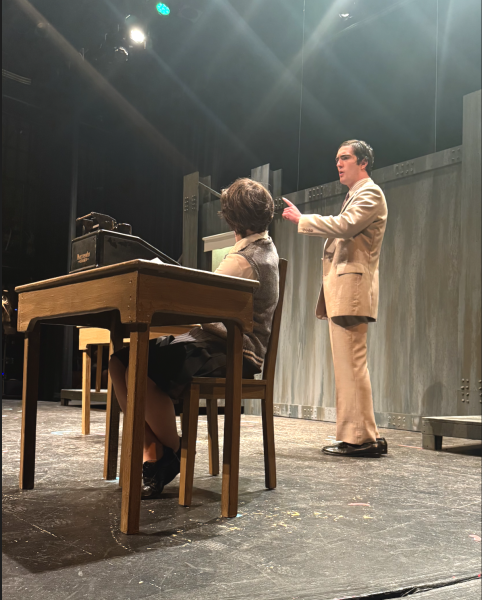
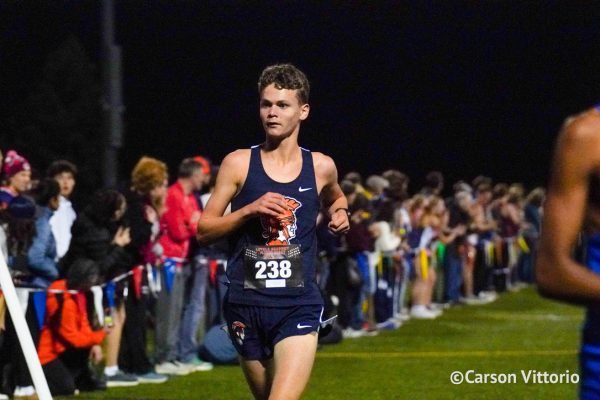

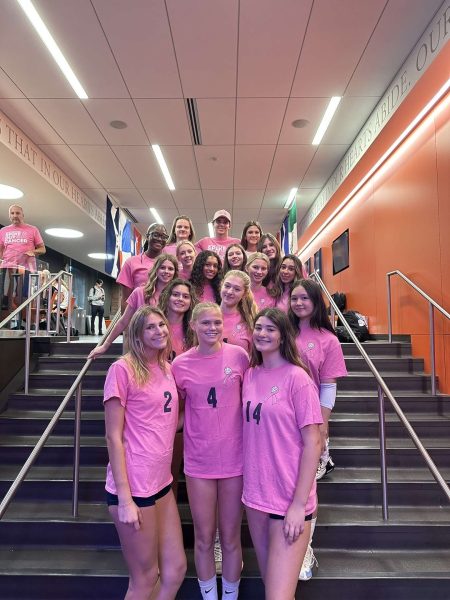
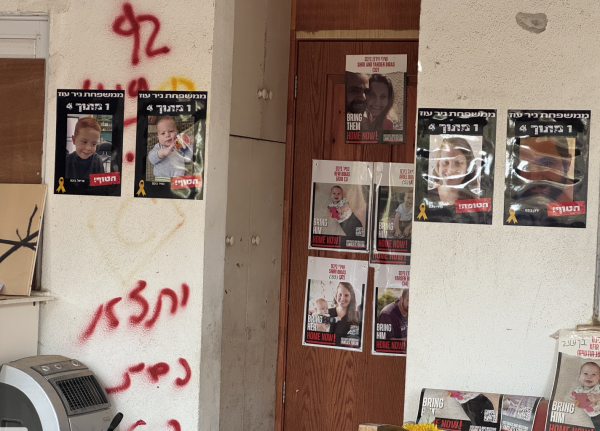

Eleannor Maajid • Jun 3, 2020 at 1:35 pm
I’deyah, thank you for writing this piece. It is beautifully written.
Lucia Ruggiero • Jun 2, 2020 at 9:59 pm
I’deyah, great piece. I learned so much from this article; thank you.
Jim Joyce • Jun 2, 2020 at 6:07 pm
Strong piece, I’deyah.
Kirk Greer • Jun 2, 2020 at 5:04 pm
Congratulations on a powerful work. The Forum at its best.
Lang Kanai • Jun 2, 2020 at 11:48 am
Brilliant piece. Thank you.
Adriana • Jun 2, 2020 at 10:00 am
I,deyah. Yes. Yes. Yes.
Thanks for writing this. It is so good. .
Alexandra Fields • Jun 2, 2020 at 8:38 am
Thank you for writing this I’deyah, and I’m sorry you have to.
Jonathan Legendre • Jun 2, 2020 at 7:11 am
Thank you.
Kate Lorber-Crittenden • Jun 1, 2020 at 10:04 pm
This is a powerful piece of journalism, I’deyah. I echo Mr. June that you’ve succeeded in capturing the complexities and heartbreak of current events in our city and nation. Thank you for your voice.
Nina Burik • Jun 1, 2020 at 9:52 pm
So important and so well written. Thank you, I’deyah.
Matt June • Jun 1, 2020 at 9:35 pm
Thank you, I’deyah, for writing this article and synthesizing these issues for our community. I hope your words spark action as well as understanding!
Lindley McCutcheon • Jun 1, 2020 at 9:33 pm
I’deyah, this is a great piece. Thank you for continually covering important and heavy topics <3
Maya • Jun 1, 2020 at 8:06 pm
This article is beautifully worded and does such a great job showing the injustices of the police system through the chosen quotes and stories. Amazing job.
Madison Seda • Jun 1, 2020 at 7:46 pm
Amazing article.
Briannah K Cook • Jun 1, 2020 at 7:08 pm
So good, I’deyah!
Ashna Satpathy • Jun 1, 2020 at 6:59 pm
I’deyah, thank you for taking the time to write this beautiful piece. George Floyd’s legacy will live on. #blacklivesmatter